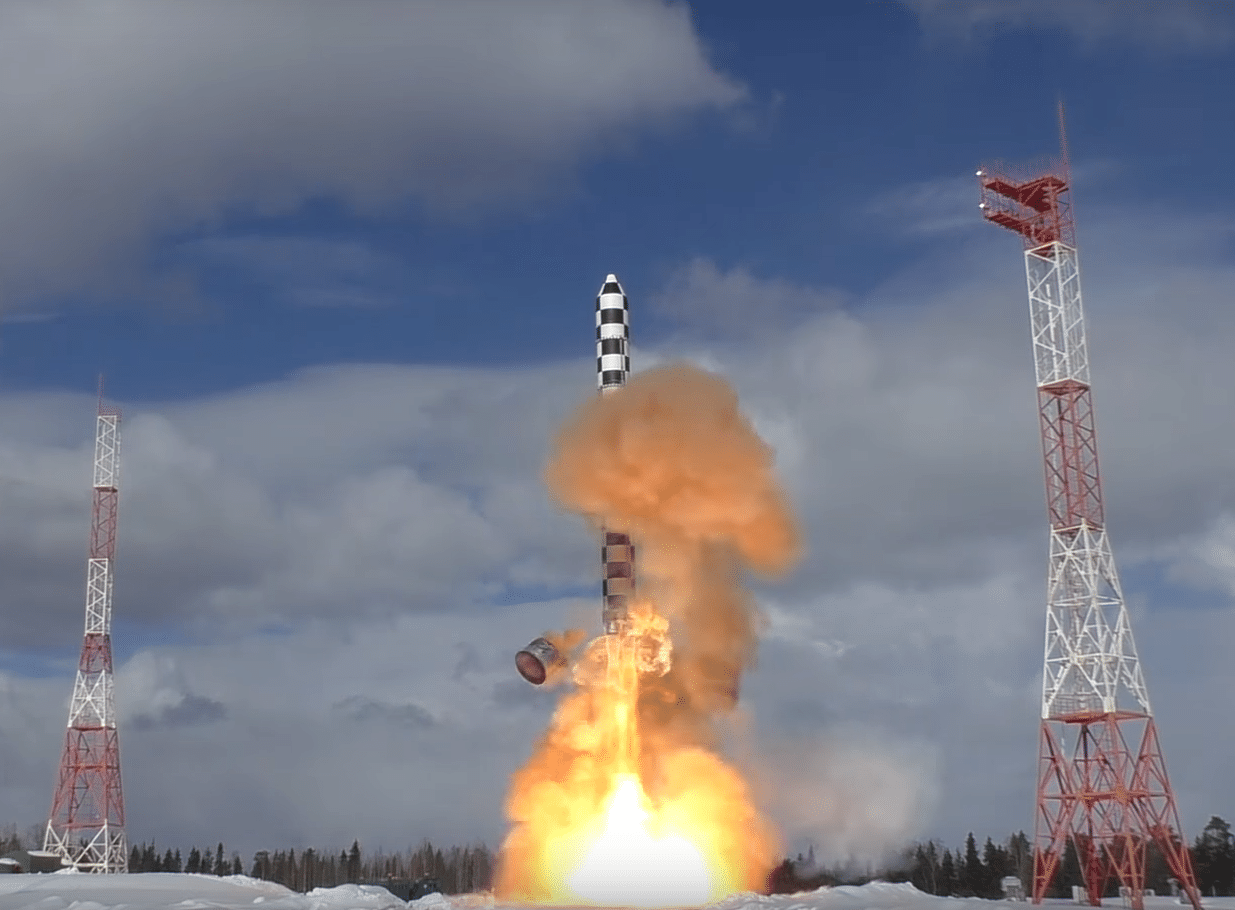Zaporizhzhia nuclear plant 'on verge of blackout' after Russian attack on substation, Ukraine says.
Russian forces attacked a substation connected to the occupied Zaporizhzhia nuclear power plant (ZNPP), cutting off a power line to the facility, Ukraine's Energy Ministry said on Oct.
1. The attack put the plant "on the verge" of a blackout again, the ministry said in a statement, adding work was underway to restore full power. The Zaporizhzhia Nuclear Power Plant, the largest nuclear plant in Europe, has been under Russian occupation since March 2022.
Throughout its occupation, the plant has been repeatedly disconnected from the Ukrainian power grid due to Russian attacks on the country's energy infrastructure. "We demand to immediately implement the IAEA (International Atomic Energy Agency) resolution and return the occupied nuclear power plant under Ukraine's control. The safe operation of Zaporizhzhia NPP is possible only under Ukraine's control," Energy Minister Herman Halushchenko said.
The plant has already experienced eight complete blackouts, the state nuclear energy company Energoatom said. Ukraine's National Resistance Center reported on Sept.
15 that Russian forces continued to use the territory of the occupied power plant to deploy military personnel and store ammunition and explosives and criticized the IAEA for supposedly ignoring the fact. President Volodymyr Zelensky told the U.N.
Security Council on Sept.
24 that Russia was preparing to target three Ukrainian nuclear power plants. He did not specify which stations are under threat, but said Kyiv had evidence and "proof" of Russia's plans. There are three operating nuclear power plants on the Ukrainian-held territory -- Rivne and Khmelnytskyi NPPs in the country's west, and Pivdennoukrainsk NPP in the south.
Russia's regular attacks put their safety in jeopardy by cutting off power to the units.
Recurring failures to launch Satan ICBM throw shadow on Putin's nuclear saber-rattling
Years back, Russia began the development of several new strategic weapons, as Russian President Vladimir Putin had called them, to modernize the country's military and give it an edge against the so-called West, a conflict that was in full swing.
Among them was the RS-28 Sarmat ICBM, known as
